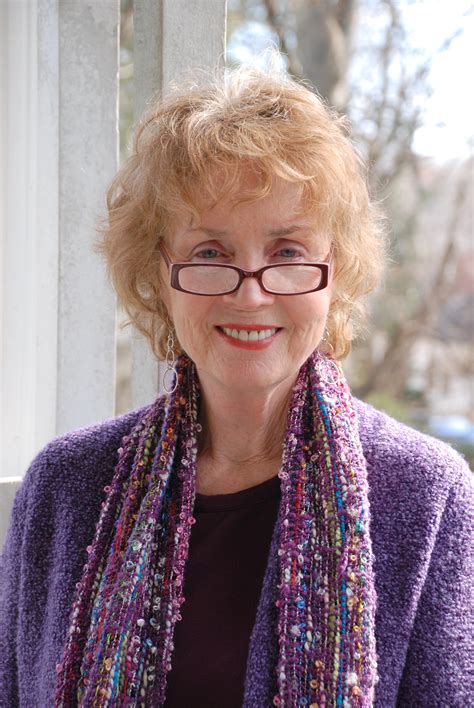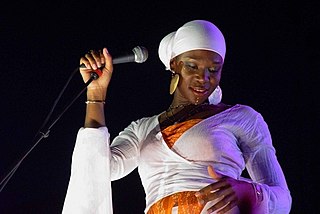A Quote by Rabih Alameddine
I need to have one foot inside and one foot outside a culture to be able to write about it. For example, I couldn't write about the gay culture if I were wholly inside or outside of it. Finding that distance is always interesting. I jokingly say that when I'm in America, I write about Beirut, and when I'm in Beirut, I write about America. A lot of my friends in Beirut think I'm more American than Lebanese. Here, my friends think of me more as Lebanese.
Related Quotes
There's no reason why you can't say "August Wilson, playwright" even though all of my work, every single play, is about black Americans, about black American culture, about the black experience in America. I write about the black experience of men, or I write about black folks. That's who I am. In the same manner that Chekhov wrote about the Russians, I write about blacks. I couldn't do anything else. I wouldn't do anything else.
I don't write because I think I have anything particularly interesting to say. I write because I love writing more than any other work I've done. I do think about entertaining the reader to the extent that I try always to write a book that I myself would want to read, but I don't think it's up for me to decide if what I've written is interesting to others. That is entirely up to others.
I understood at once, I am not living, but actively dying. I am smoking, living unhealthily. I’m shutting down. I need to go the other way, inside. And it was so clear to me what I was doing. It was suddenly perfectly clear. I understood, I need to write. Live here, in my words, and my head. I need to go inside, that’s all. No big, complicated, difficult thing. I just need to go in reverse. And not worry about what to write about, but just write. Or, if I’m going to worry about what to write, then do this worrying on paper, so at least I’m writing and will have a record of the anxiety.
I don't buy into the idea that an Irish writer should write about Ireland, or a gay writer should write about being gay. But when I found the right story, I saw it as an opportunity to write about being a teenager and being gay. Most people, whether you're gay or straight or whatever, have experienced that relationship where one person is much more interested than the other.
The people who review my books, generally, are kind of youngish culture writers who aspire to write books, or write opinion pieces about what they think of Neil Young, or why they quit watching ER or whatever. And because of that, I think there's a lot of people who write about my books with the premise of, "Why this guy? Why not me?"
You can write about a country without taking a stand, but you cannot write about a country without noting that there's history, and that there's politics going on. To me, that's the same if you write about America. You don't have to write about politics, but the politics have to be present in the characters.
Any negative review you write, they'll say, "Oh, you're being so mean." I think the problem with a lot of criticism is that too many critics either write just description or they write in a Mandarin jargon that only a handful of people can understand, or they write happy criticis - everything is good that they write about. I think that's really not good. I think it's damaged a lot of our critical voices.
Someone wanted me to write a profile for ESPN about the commissioner of baseball, and I said, "He's just some suit! Some Republican. No!" I mean if you want me to write about baseball, boxing or football, I'll write about those things because I watch them, I think about them a lot and I like them. But I don't want to write about Barry Bonds.
I have a really good idea of who my readers are and always write with a sensitivity to my audience. I use the F word when necessary, but there are words I won't use, mainly because I don't like them. I don't write about body parts when I write about sex. It's not about the physiological, it's more important for teens to read about the emotional aspects. I do think there are times when self-censorship is important.
I think as the world changes, we have to keep up. We have to note what is happening, and I think writing has always had a powerful corrective influence and possibility. We have to write about what's good, and we also have to write about parts of our culture that are not good, that are not working out. I think it takes a new eye.








































